Iron deficiency is a common health concern worldwide, affecting millions of people, particularly women and children. While iron-rich foods are essential for maintaining healthy blood and energy levels, certain fruits, such as raisins and black grapes, are often considered good options for boosting iron intake. But which one is better for combating iron deficiency? In this detailed comparison, we will explore the nutritional profiles of raisins and black grapes, focusing on their iron content, health benefits, and the best choice for addressing iron deficiency.
Nutritional Comparison of Raisins vs Black Grapes
Before diving into the health benefits, let’s compare the nutritional content of raisins and black grapes. It’s important to note that raisins are dried grapes, so their nutrient density is more concentrated than fresh grapes.
Here is a breakdown of the nutritional values per 100 grams:
|
Nutrients |
Raisins |
Black Grapes |
|
Calories |
~299 kcal |
~69 kcal |
|
Iron |
1.9 mg |
0.4 mg |
|
Protein |
2.5 g |
0.7 g |
|
Fat |
0.5 g |
0.2 g |
|
Carbohydrates |
79 g |
18 g |
|
Sugar |
3.7 g |
0.9 g |
|
Calcium |
50 mg |
18 mg |
|
Magnesium |
32 mg |
7 mg |
|
Potassium |
744 mg |
288 mg |
Key Takeaways:
-
Raisins are significantly higher in calories, iron, fiber, and natural sugars than black grapes due to the drying process.
-
Black grapes contain fewer calories and sugar, but offer a fresh, hydrating option with a moderate iron content.
-
Raisins are a more concentrated source of iron, making them a better choice for those aiming to combat iron deficiency.
Health Benefits of Raisins vs Black Grapes
Raisins Benefits
Raisins, being dried grapes, are a powerhouse of concentrated nutrients, especially iron, which is vital for the production of hemoglobin in red blood cells. This makes raisins an excellent choice for individuals with iron deficiency. Aside from iron, raisins are also a rich source of antioxidants like polyphenols, which help combat oxidative stress in the body. These antioxidants contribute to heart health by preventing the buildup of harmful cholesterol.
Raisins are also high in fiber, which aids digestion and promotes gut health. Their natural sugars provide a quick energy boost, making them an ideal snack for those needing a quick source of fuel. Moreover, raisins are packed with potassium, which helps maintain healthy blood pressure levels and muscle function.
Black Grapes Benefits
While black grapes have a lower concentration of iron than raisins, they are still a good source of this essential mineral, though in smaller amounts. Black grapes are rich in flavonoids, which have anti-inflammatory and antioxidant properties. These compounds may help reduce the risk of chronic diseases like heart disease and certain cancers.
Black grapes are also a hydrating fruit, thanks to their high water content. This makes them an excellent option for keeping the body hydrated while providing a mild dose of iron. The vitamin C content in black grapes enhances the absorption of iron from plant-based sources, so eating them alongside iron-rich foods can be beneficial.
Raisins vs Black Grapes: Which One is Better for Iron Deficiency?
For Iron Absorption:
When it comes to boosting iron levels, raisins are the clear winner due to their higher iron content. The drying process concentrates the nutrients in raisins, making them a more potent source of iron than black grapes. For individuals looking to address iron deficiency, raisins can be consumed as a snack or added to meals like oatmeal, salads, or baked goods to increase iron intake.
For Overall Health:
If you're seeking a hydrating, refreshing option, black grapes might be the better choice. While they contain less iron, they offer additional health benefits, such as antioxidants and fiber, which support heart health, digestion, and skin health. The vitamin C in black grapes also enhances the body’s ability to absorb iron, which can be helpful when combined with other iron-rich foods.
For Weight Management:
Black grapes are lower in calories and sugar compared to raisins, making them a better choice for individuals who are watching their calorie intake. However, raisins are a more energy-dense food, which can be beneficial for those looking to increase their calorie intake or need a more substantial snack.
Potential Downsides of Raisins vs Black Grapes
-
Raisins are calorie-dense and high in natural sugars, so they should be consumed in moderation, especially for individuals with concerns about blood sugar levels or weight management.
-
Black grapes have a much lower iron content, so while they are a healthy snack, they may not be as effective in addressing iron deficiency on their own.
How to Incorporate Raisins and Black Grapes into Your Diet
Both raisins and black grapes can be easily incorporated into your daily diet. Here are a few simple ideas:
-
For Raisins: Add them to breakfast cereals, oatmeal, or yogurt. They can also be mixed into baked goods like muffins, cookies, or bread. For a quick snack, enjoy a handful of raisins or mix them with nuts and seeds for an iron-boosting trail mix.
-
For Black Grapes: Enjoy them as a fresh snack or add them to smoothies, fruit salads, or even savory dishes like salads or cheese platters. Black grapes can also be frozen and eaten as a refreshing, hydrating snack.
Raisins vs Black Grapes: Fresh vs Dried
When comparing raisins to black grapes, it’s important to consider their form – fresh versus dried. Raisins have a more concentrated nutritional profile because of the drying process, meaning they contain more iron, fiber, and natural sugars per serving. Black grapes, being fresh, have a higher water content and provide a lighter, more hydrating snack, but their iron content is lower.
Comparison Chart: Raisins vs Black Grapes
|
Feature |
Raisins |
Black Grapes |
|
Iron Content |
Higher (1.9 mg) |
Lower (0.4 mg) |
|
Calories |
299 kcal |
69 kcal |
|
Fiber |
3.7 g |
0.9 g |
|
Sugar |
59 g |
16 g |
|
Vitamin C |
Low |
Moderate |
|
Water Content |
Low |
High |
|
Best For |
Iron deficiency, energy |
Hydration, antioxidants, digestion |
Conclusion
Both raisins and black grapes offer distinct health benefits, but when it comes to addressing iron deficiency, raisins are the more effective choice due to their higher iron content. However, black grapes are a refreshing and hydrating option with antioxidant benefits. Depending on your specific health needs and preferences, you can incorporate both into your diet for a balanced approach to nutrition.
For individuals with iron deficiency, incorporating raisins into your daily diet, perhaps alongside a source of vitamin C to enhance absorption, is a great way to boost iron levels. For hydration, overall health, and additional antioxidants, black grapes are a fantastic choice.
FAQs:
q1. How much iron do raisins provide, and is it enough to combat iron deficiency?
Raisins contain approximately 1.9 mg of iron per 100 grams. While this may not be sufficient as a sole treatment for severe iron deficiency, it is a helpful addition to a diet aimed at improving iron levels. The Recommended Daily Allowance (RDA) for iron varies by age and gender, but raisins can be a valuable part of a balanced diet that includes other iron-rich foods like spinach, red meat, and legumes.
2. Are raisins effective for treating anemia caused by iron deficiency?
Raisins can aid in managing iron deficiency anemia due to their relatively high iron content. However, relying solely on raisins may not provide enough iron to fully treat anemia, especially in cases of moderate to severe deficiency. It's recommended to consume raisins along with other iron-rich foods and possibly iron supplements as advised by a healthcare provider for better results.
3. How do black grapes contribute to iron levels compared to raisins?
Black grapes contain about 0.4 mg of iron per 100 grams, which is significantly lower than the 1.9 mg found in raisins. While they offer some iron, black grapes are not as effective in addressing iron deficiency on their own. However, black grapes are rich in vitamin C, which can enhance the absorption of iron from plant-based sources, making them a good addition to an iron-boosting diet.
4. Can raisins cause weight gain due to their sugar content?
Raisins are calorie-dense, with approximately 59 grams of sugar per 100 grams. While they provide a natural source of energy, consuming them in excess can contribute to weight gain, especially for those who are watching their calorie intake. It's best to enjoy raisins in moderation as part of a balanced diet to avoid overconsumption of sugar and calories.
5. How does the fiber content of raisins and black grapes affect digestion?
Raisins are a great source of dietary fiber, with 3.7 grams per 100 grams. Fiber promotes healthy digestion, regulates bowel movements, and helps prevent constipation. Black grapes, on the other hand, contain only 0.9 grams of fiber per 100 grams, making them less effective in supporting digestion compared to raisins. If you're looking for a high-fiber option, raisins are the better choice.
6. Can raisins help boost energy levels?
Raisins are an excellent source of natural sugars, which provide a quick and sustained energy boost. With their concentrated carbohydrate content, they are an ideal snack for those who need a fast energy lift, especially during physical activity or after a long day. Black grapes, with their lower sugar content, offer a milder energy boost but can still contribute to hydration and general vitality.
7. Are raisins suitable for people with diabetes or those watching their blood sugar?
Due to their high sugar content, raisins should be consumed in moderation by people with diabetes or those monitoring their blood sugar levels. While they provide natural sugars, eating large quantities can cause blood sugar spikes. It's essential to consider portion control and pair raisins with foods that have a low glycemic index or fiber to slow sugar absorption.
8. How can I improve iron absorption when eating raisins?
Iron absorption can be enhanced by pairing raisins with foods rich in vitamin C, such as citrus fruits (oranges, lemons), bell peppers, or strawberries. Vitamin C helps convert non-heme iron (the type found in plant-based foods like raisins) into a more absorbable form. This combination can significantly improve the efficiency of iron absorption.
9. What is the best time of day to eat raisins to improve iron levels?
There is no specific best time to eat raisins for iron absorption, but incorporating them into your meals throughout the day can help maintain a steady intake of iron. You can add raisins to breakfast cereals, snacks, or salads. Eating raisins with meals that include vitamin C-rich foods (such as citrus fruits or tomatoes) can further improve iron absorption.
10. Can raisins be harmful if consumed in excess?
While raisins are healthy in moderation, consuming too many can lead to unwanted side effects. Due to their high sugar content, excessive consumption may cause weight gain, spikes in blood sugar levels, and digestive discomfort, such as bloating. Additionally, the concentrated calories and sugars in raisins mean that they should be eaten in portion-controlled amounts, especially for those with diabetes or those trying to manage their weight.

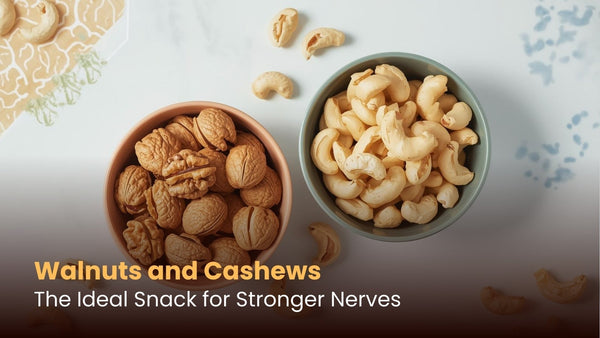
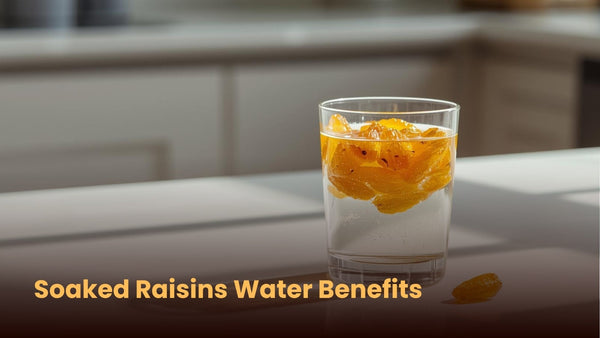
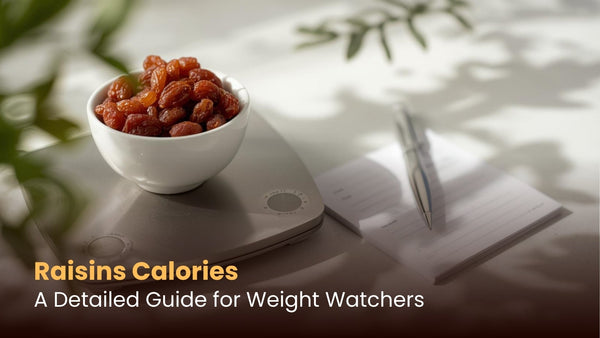
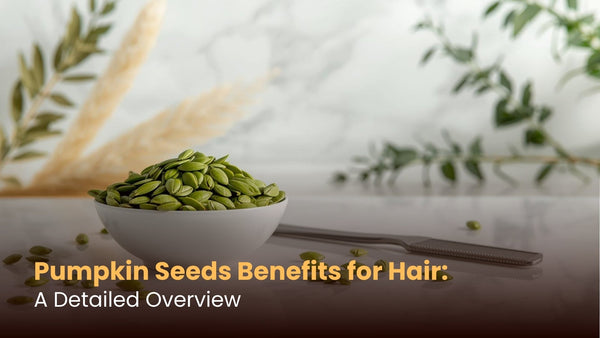



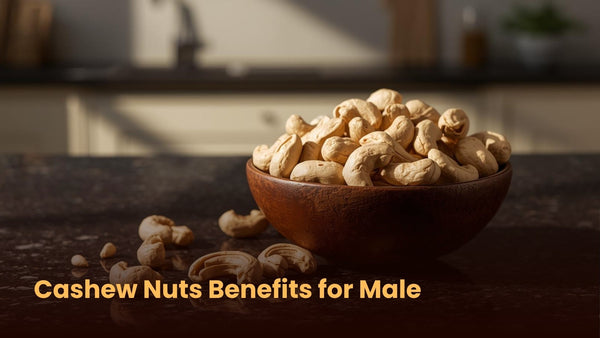
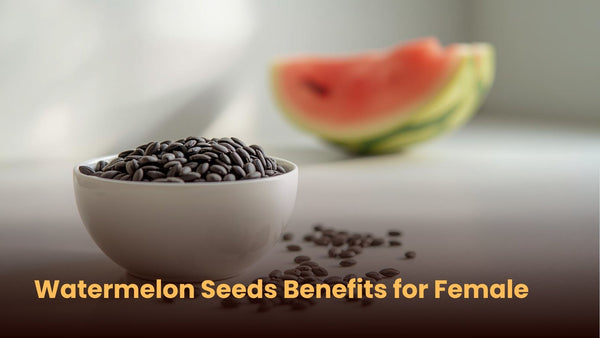
Share Your Thoughts